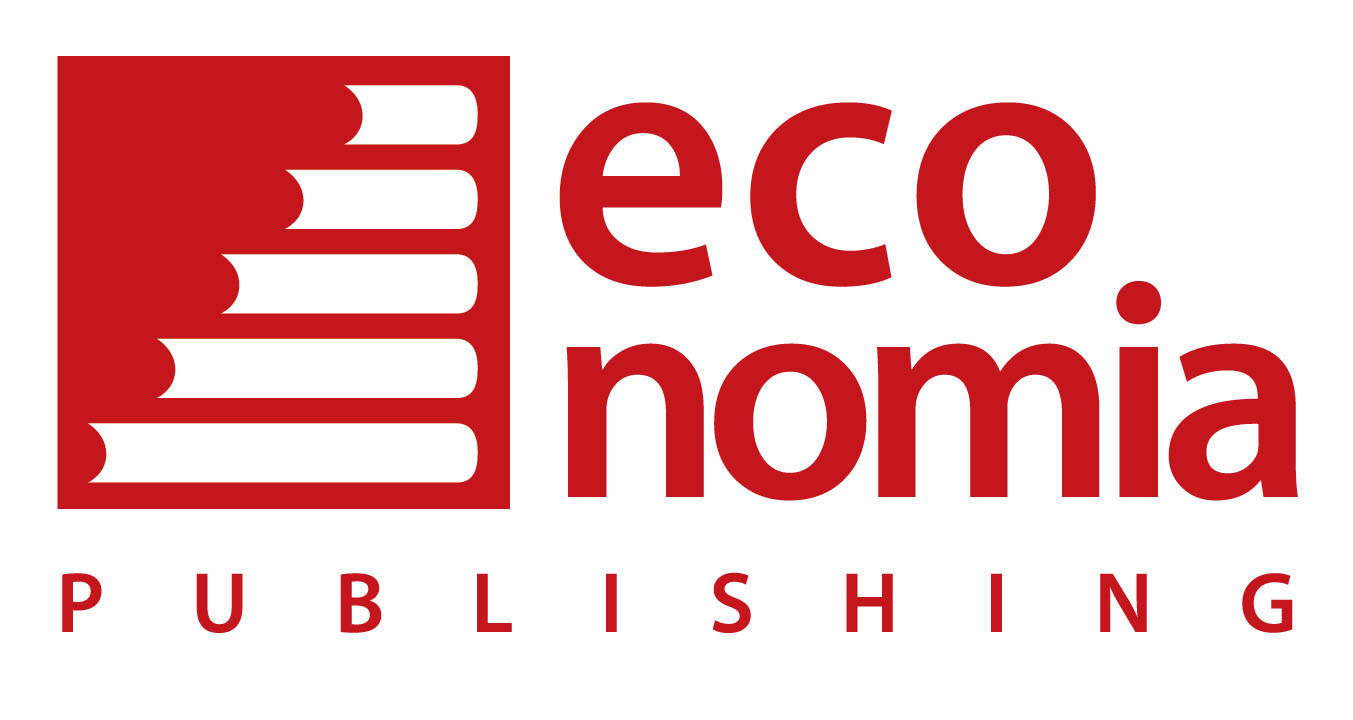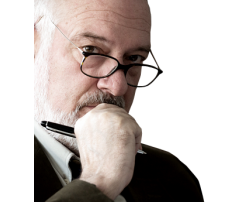“Europe at a crossroads”: to put some content in a phrase
 Europe is at a crossroads: this may sound as quite a platitude, but it is nonetheless quite true.
Europe is at a crossroads: this may sound as quite a platitude, but it is nonetheless quite true.
The Euro area grew at a 0.1% pace in 2023, while the US achieved 3.1% and China 5.2%. Moreover, just 52% of Europeans are content with the functioning of democracy in the EU (42% are of clearly negative opinion); the lowest contentment is in France, with just 3.9%, and in Greece with 41%. So, with voters preparing to award radical right-wing parties some 25% of the seats in the European Parliament in the forthcoming EU-wide June 6-9 elections, mainstream political leaders seem to be waking up. Belatedly, but they are doing their best to show (possibly to themselves) that they are out of Euro-slumber.
European Commission President Ursula von der Leyen – issued from the German Christian Democrats/the European People’s Party/EPP and fighting for a second term of office – visibly courts Georgia Meloni , the leading figure in the “soft Eurosceptic” Conservatives and Reformists/ECR group that decided not to field a candidate in the “Spitzenkandidaten” system whereby the President of the European Commission is to be designated (and thus the overall set-up of the Commission). Will that edge the whole of the EU system right-wards, with an EPP/ECR hook-up core replacing the Centre-Right/Centre-Left traditional alliance of Cristian Democrats/Social Democrats?
Emmanuel Macron, whose Renew political grouping (which has fused in the European Parliament with the earlier Liberals/ALDE) still has some influence and who pushed last time von der Leyen to the Commission Presidency by-passing the Spitzentankidaten process, tried to win back the initiative by outlining a more visionary programme for the EU.
In his (almost) two-hours long speech at the Sorbonne he sided with the concept of “European preference”, that is of vigorously watering down EU competition rules so as to allow for European champions (i.e. national champions in EU garb) to receive preferential treatment and forge ahead – especially in the technology and defense sectors. He also touched upon the need to show-case advanced sectors like AI, space industry, biotech and quantum computing.
In a way rather surprising for European mores, he recognized the lack of EU financial clout in calling for a “public investment shock”. Probably seeing the negative reflexes this would arouse across the Rhine, he threw in for good measure a call for the fast-track completion of a (much-awaited, always-delayed) Capital Markets Union which would supplement public investment in a (Euro-)PPP mode.
Following close to the step of ECB head Christine Lagarde – but without gracing his compatriot with some sort of explicit acknowledgement – Macron showed support for the pillar of the euro to include growth in the Bank’s remit along with Treaty-entrenched price stability. Here too, he realized the shock that his would cause in “schwaz Null” Germany, but probably hoped that German fiscal immobilism is starting to thaw. He added insult to injury by insinuating that, further to supporting growth, the ECB should also include in its goals the need for accommodating the greening of the EU economy (at a trillion-euros cost).
Last but by no means least, Macron – who some weeks ago got on his high horses in declaring that European countries might be called to put boots on the ground in Ukraine against Russian aggression, further to the weapons and financial aid provided – let it be known that his earlier call for European “strategic autonomy” might now be assorted with an (equally European) “defense initiative”. Which, to have some sort of practical meaning, would somehow side-step NATO, along with US domination. Does this entail an Eisenhower-like approach to the creation of a (European) “military-industrial complex”? or is something more strategically minded afoot? Macron has had his wings clipped as of lately, but after Angela Merkel’s departure (and Wolfgang Schaeuble’s passing-away) he remains the only European leader of real political stature. The mind reels if one is called to envisage Georgia Meloni in a central role; even more so UvdL in cahoots with Meloni…
Still, the fact that Macron did the Sorbonne trick just when two of the EU’s exes – Enrico Letta and Mario Draghi – were converging with their Reports on how to get the EU out the shallows, by building more interconnections (Letta on the Single Market) and by fighting bottlenecks – (Draghi on competitivity and coordination), shows that the European elections are causing serious nervousness to the EU political class. To what avail? Soon on your screens!






